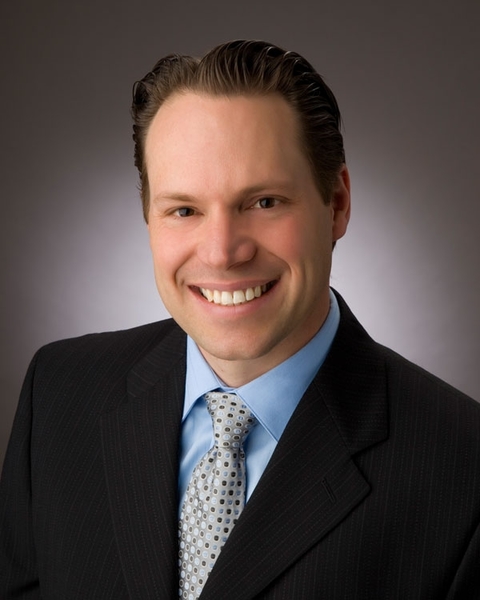Population health management has become integral to value-based care models, but physicians often lack the real-world experience to successfully execute new initiatives.
Presbyterian Healthcare Services, a nonprofit health system based in New Mexico, has created a fellowship for physicians, embedding them part-time within its community health initiatives.
Jason Mitchell, M.D., the system's chief medical officer, said doctors aren't necessarily taught how to lead innovative payment models, so healthcare systems have taken up the task of providing training opportunities that can drive new delivery models. Though Presbyterian's fellowship is not accredited, it's designed for physicians interested in the Triple Aim who want to start down a leadership path, he said.

"I really thought of it as a neat opportunity to do the real work in a delivery system and see the fruits of their work come to fruition," Mitchell said.
RELATED: How Presbyterian Healthcare Services helps other providers build palliative care programs
Muhammad Khan, M.D., is the program's current fellow and the first so far, though Presbyterian is accepting applications for the coming year. Since enrolling in the fellowship in August, Khan said his work has been rooted in local outreach.
"I think it's been wonderful," he said. "I've gotten so much information about how a health system operates and how we improve the health of our communities."
Khan said he's focused on three areas through the fellowship:
- Readmission and admission rates, particularly for sepsis, and how to reduce emergency care utilization
- Leveraging of electronic health records and patient data for population health
- The social determinants of health, including food security and poverty

Mitchell said that the fellowship engages Khan in data analytics, combining "traditional and nontraditional" approaches to patient care.
"Ideally, what will happen is we'll see cohorts of well-trained physicians," he said. "I do want to see these individuals help lead clinical practice and lead medicine."
RELATED: Sustained population health improvement requires healthcare industry culture shift, experts say
Even before launching the fellowship last year, population health initiatives were a major focus at Presbyterian, Mitchell said. A program aimed at improving access to health food in Albuquerque, for example, tapped into partnerships with local farmers and community groups to revamp hospital menus.
That focus extends to getting as many people as possible involved in population health, Mitchell said. Though the fellowship is only for one doctor at present, Presbyterian engages with its frontline clinicians about community initiatives and monitoring social determinants, he said.
"You don't have to be a population health fellow to engage with population health," he said. "We have a conversation on ways to change care models ... and really improve quality."